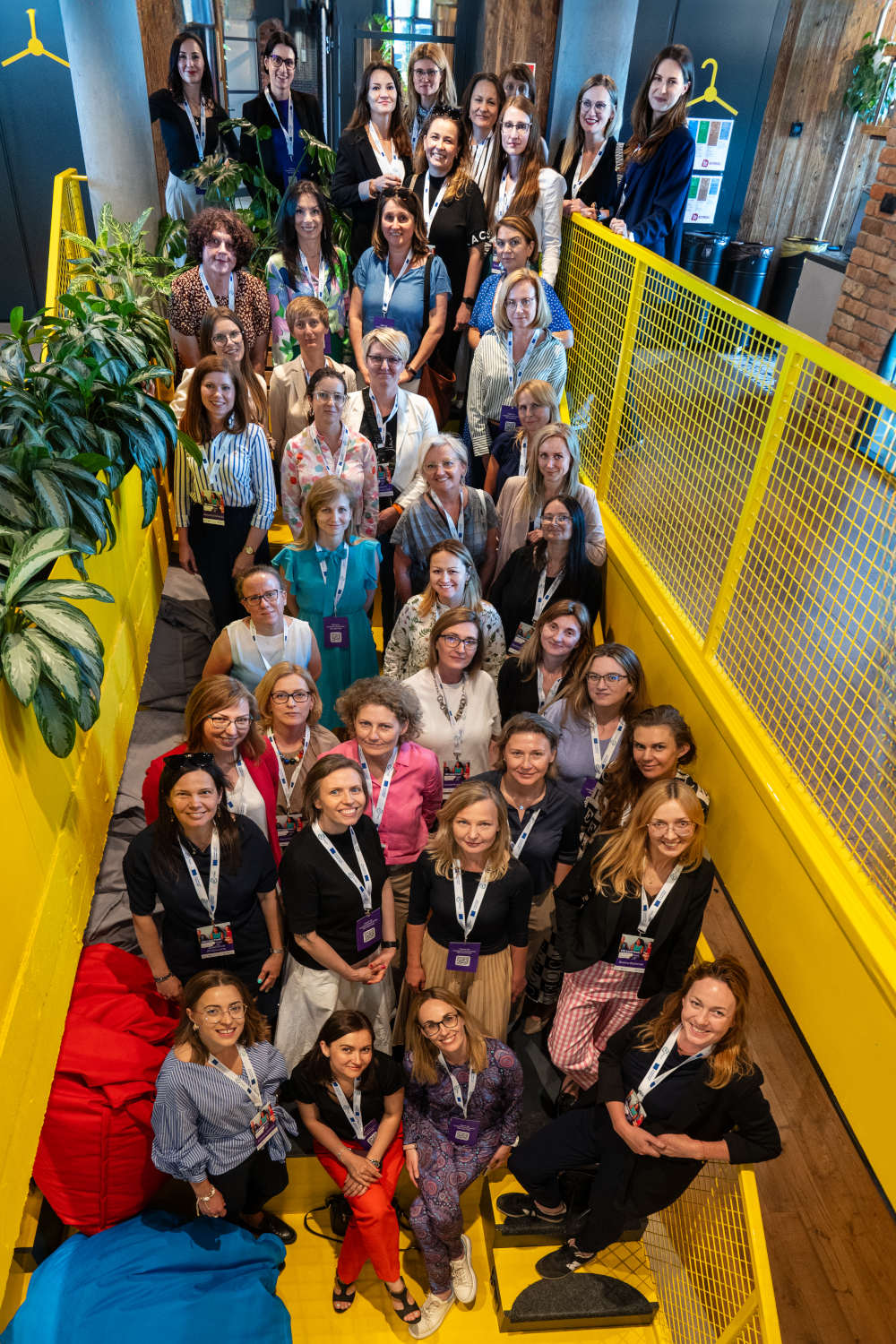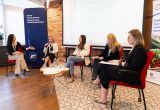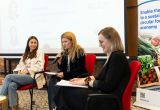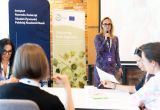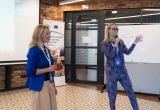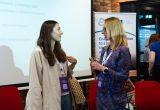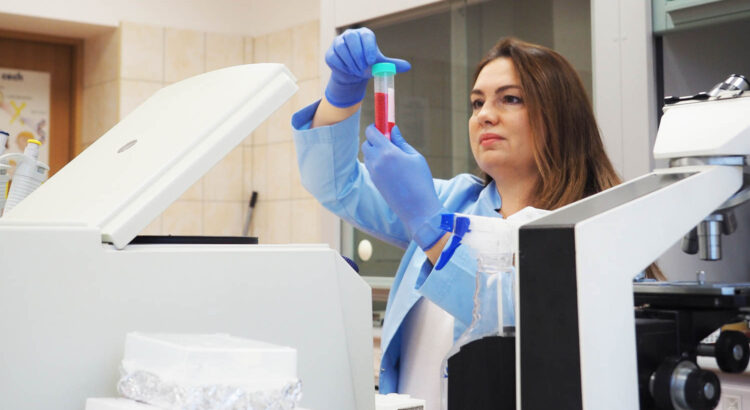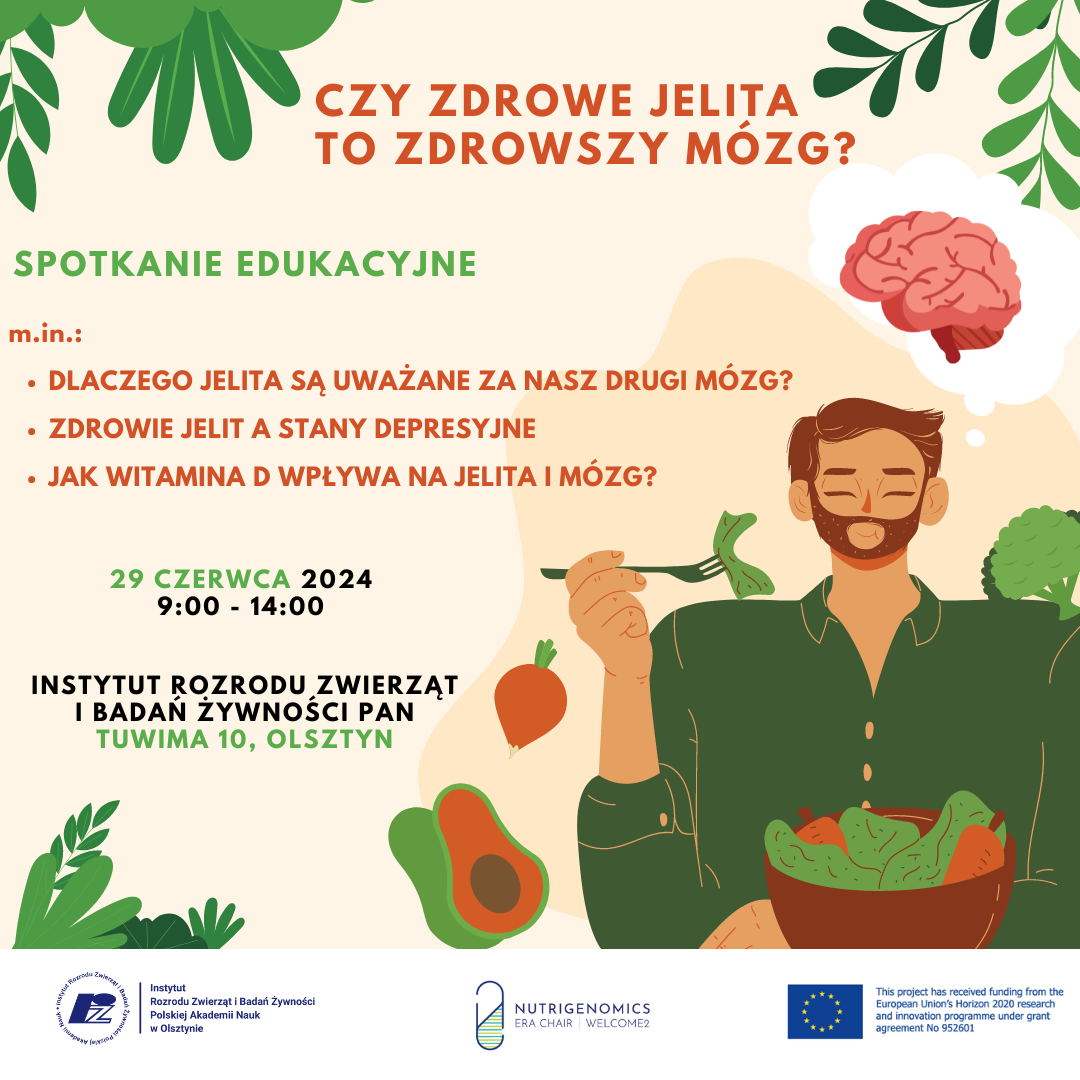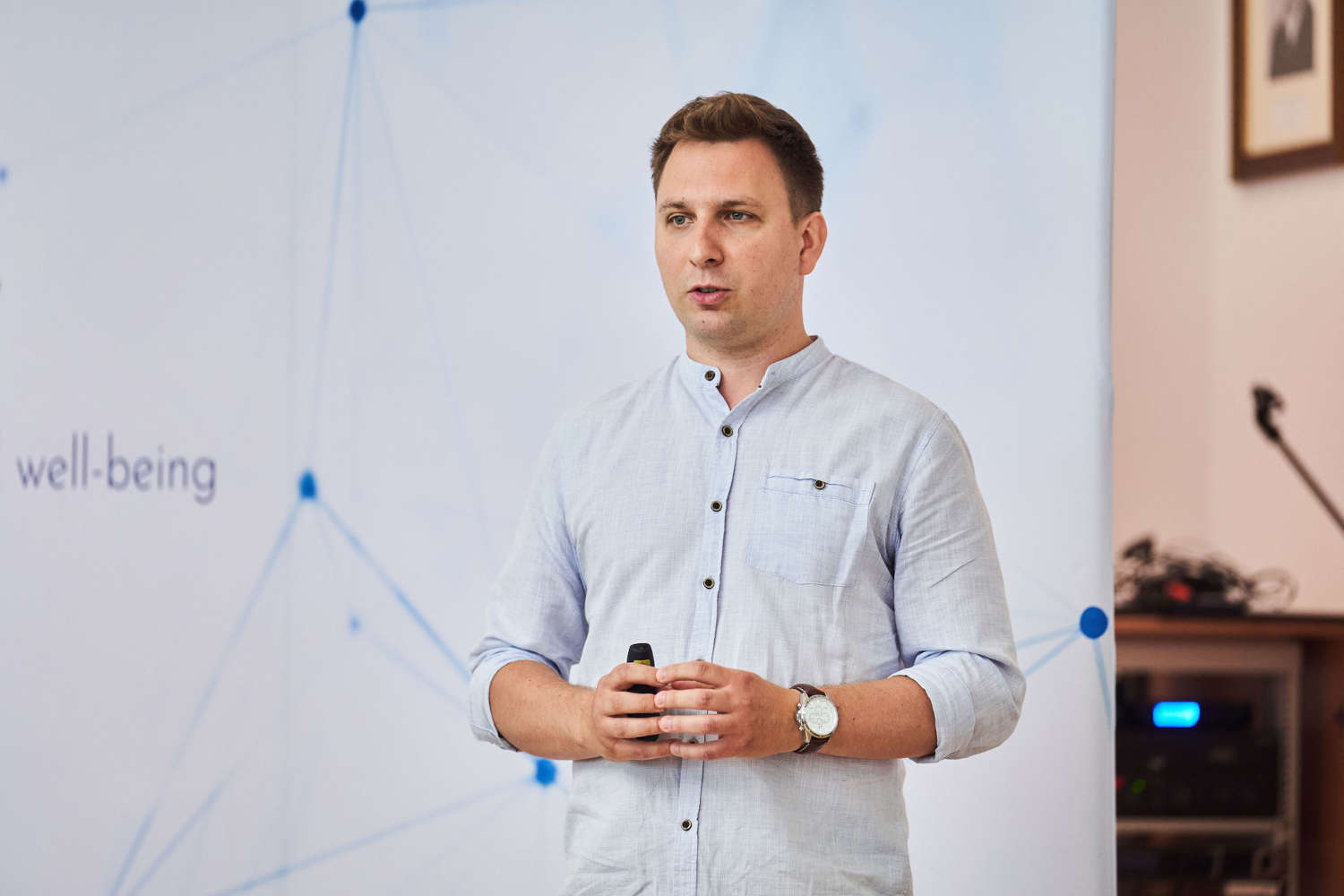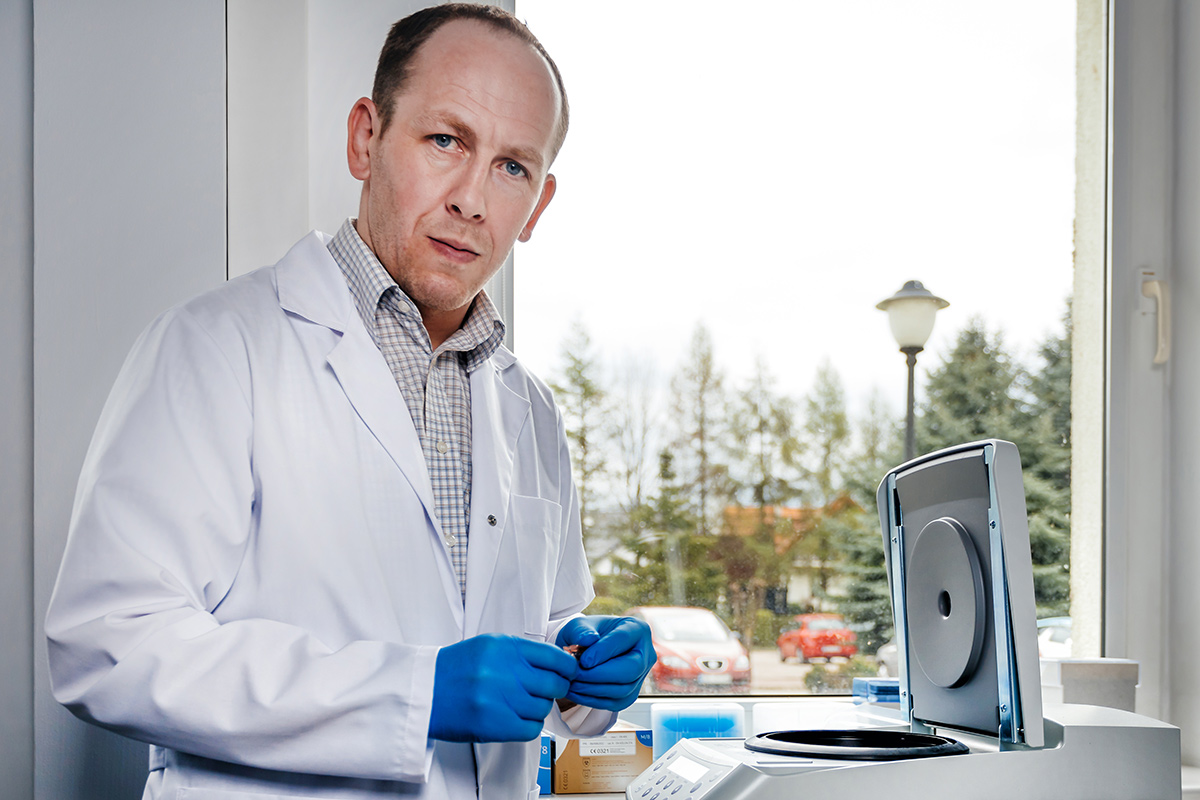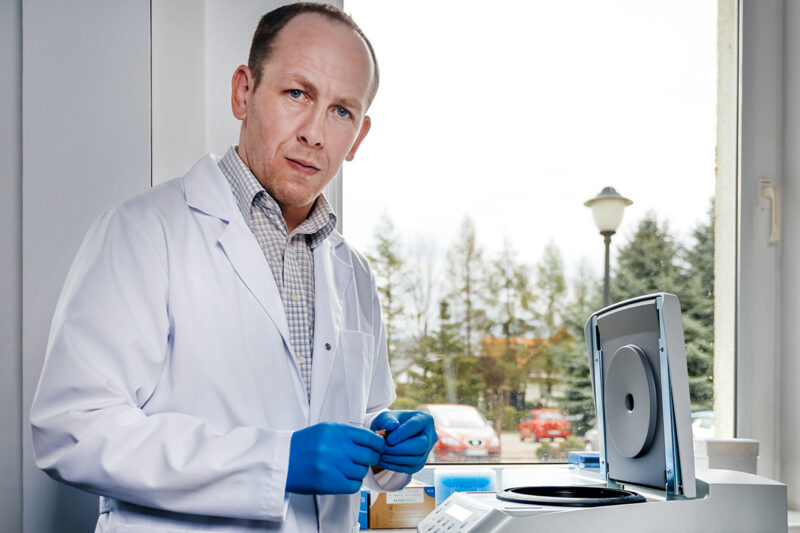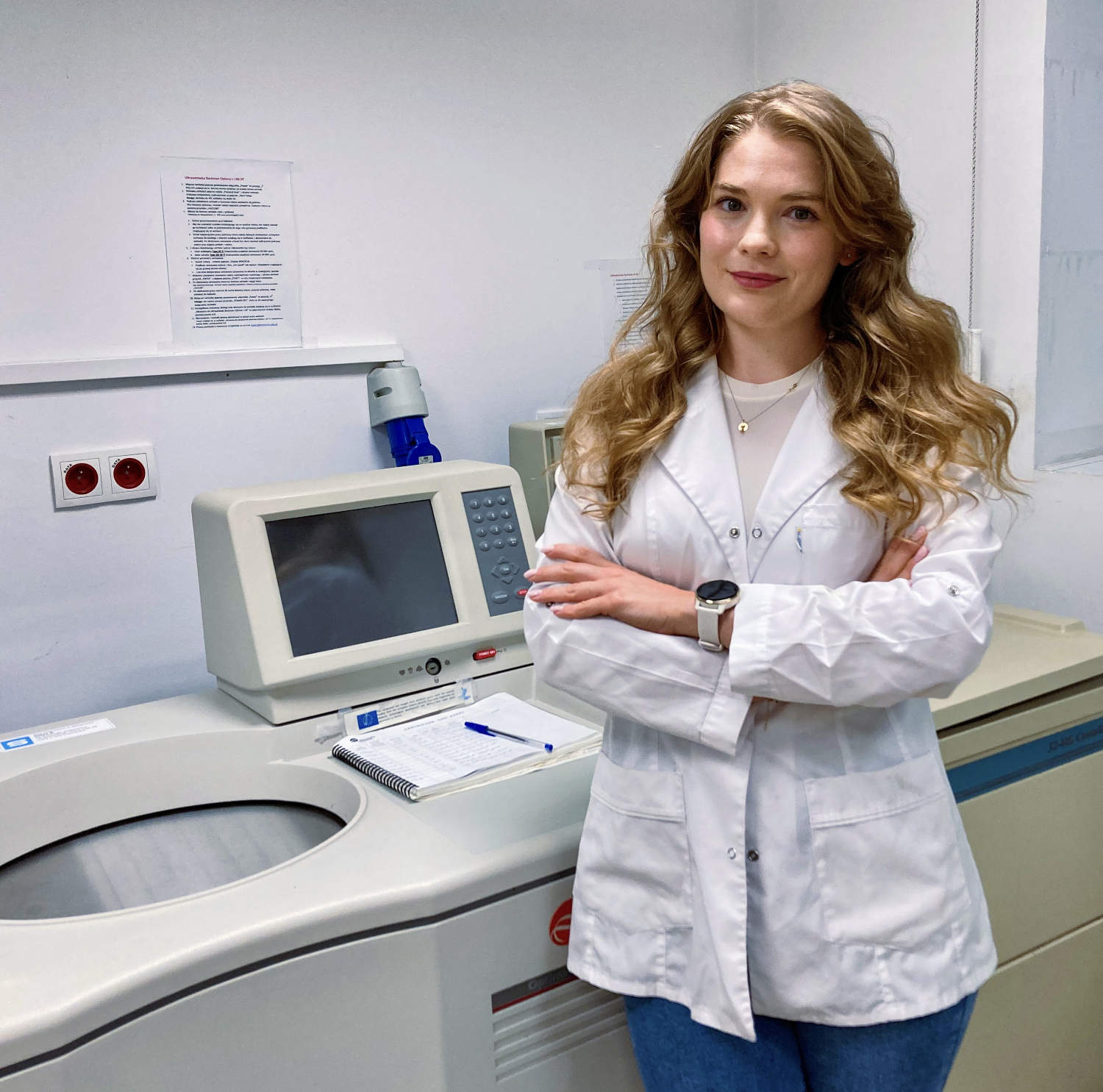Nazwa jednostki:
Instytut Rozrodu Zwierząt i Badań Żywności Polskiej Akademii Nauk w Olsztynie
Nazwa stanowiska:
STYPENDYSTA w projekcie SONATA BIS NCN pt. „Napięcie elektryczne bariery hydrożelowej: Nowe spojrzenie na potencjał błonowy komórki i jego znaczenie dla wczesnego rozwoju zarodka”, kierowanym przez dr hab. Magdalenę Kowacz.
Liczba pozycji: 1
Opis projektu:
Wartość potencjału spoczynkowego błony komórkowej jest specyficzna dla poszczególnych rodzajów komórek. I tak, plastyczne (podlegające zmianom i szybkim podziałom) komórki zarodka lub komórki macierzyste, ale także komórki rakowe mają mniej ujemną wartość potencjału niż komórki ostatecznie zróżnicowane. Tak więc, poprzez modulowanie potencjału komórkowego, teoretycznie możliwe jest kontrolowanie zachowania samej komórki (np. hamowanie rozwoju komórek rakowych lub stymulowanie regeneracji tkanek).
W naszych badaniach wykorzystujemy makroalgi słodkowodne oraz zarodki kurze, żeby badać biofizyczne mechanizmy regulacji potencjału błonowego komórki oraz efekty zmian potencjału na procesy komórkowe. Główną metodą badawczą są pomiary elektrofizjologiczne in-situ z wykorzystaniem mikroelektrod szklanych. Jeśli nie obca jest Ci biologia, interesują Cię zjawiska fizyczne (np. elastyczność materii, potencjał elektryczny, dyfuzja jonów) oraz lubisz pracę w laboratorium – zapraszamy do naszego zespołu!
Opis zadań:
Kandydat będzie uczestniczył w badaniach nad wpływem wybranych czynników fizyko-chemicznych na potencjał błonowy komórki oraz regulowane przez potencjał procesy komórkowe. W badaniach wykorzystane będą metody do pomiarów elektrofizjologii komórki (wzmacniacz elektrofizjologiczny, mikromanipulatory, elektrody szklane, obserwacje mikroskopowe in-situ).
Typ konkursu NCN:
Sonata BIS – NZ3
Termin składania ofert:
31 lipca 2024, 24:00
Forma składania ofert:
E-mail: m.kowacz@pan.olsztyn.pl (w tytule proszę podać „Stypendysta Sonata Bis”).
Warunki:
- Stypendium w wysokości od 1 000 zł do 5 000 zł na miesiąc (wysokość stypendium zależna od zakresu realizowanych zadań w projekcie);
- Miejsce pracy: Zespół Patologii i Medycyny Translacyjnej Rozrodu, IRZiBŻ PAN, ul. Tyrlińskiego (w sąsiedztwie Parku Naukowo-Technologicznego)
- Data rozpoczęcia: 1 października 2024,
- Czas trwania umowy stypendialnej: do uzgodnienia – maksymalnie 14 m-cy.
Wymagania:
- Status studenta studiów pierwszego lub drugiego stopnia lub jednolitych studiów magisterskich lub status doktoranta. Preferowane kierunki: biologia, biochemia, biotechnologia, chemia, fizyka, bioinżynieria lub pokrewne;
- Podstawowa wiedza z zakresu biologii komórki, biofizyki;
- Znajomość języka angielskiego na poziomie umożliwiającym swobodne komunikowanie się;
- Predyspozycje do pracy laboratoryjnej, umiejętność samodzielnego przeprowadzania eksperymentów;
Osoby zainteresowane proszone są o przesłanie następujących dokumentów:
- List motywacyjny.
- Curriculum vitae kandydata zawierające:
- Wykształcenie;
- Dorobek naukowy (publikacje naukowe, artykuły popularno-naukowe, prezentacje na konferencjach, rozdziały w książkach/monografiach, etc.);Nagrody, wyróżnienia, doświadczenie naukowe, inne osiągnięcia (stypendia, staże, szkolenia, udział w projektach, etc.);
- Kompetencje do realizacji zadań w projekcie (umiejętności laboratoryjne, szkolenia, doświadczenie w pracy z dziedziny elektrofizjologii komórki)
- Dane kontaktowe mentora naukowego mogącego przedstawić rekomendacje;
- Inne dokumenty, które wg Kandydata są istotne przy rozpatrzeniu jego kandydatury;
Wybrani kandydaci zostaną zaproszeni na rozmowę kwalifikacyjną. Zgłoszenia oceniane będą zgodnie z kryteriami podanymi w Regulaminie przyznawania stypendiów naukowych w projektach badawczych finansowanych ze środków NCN (załącznik do uchwały Rady NCN nr 25/2019 z dnia 14 marca 2019 r.). Rezultaty konkursu zostaną ogłoszone 31 września 2023 roku.
Ewentualne pytania dotyczące konkursu oraz projektu prosimy kierować do kierownika projektu dr hab. Magdaleny Kowacz (m.kowacz@pan.olsztyn.pl).
W CV prosimy o umieszczenie klauzuli zgody na przetwarzanie przez nas danych osobowych w procesie rekrutacji:
„Wyrażam zgodę na przetwarzanie moich danych osobowych zawartych w dokumentach aplikacyjnych przez Instytut Rozrodu Zwierząt i Badań Żywności PAN w Olsztynie z siedzibą 10-748 Olsztyn ul. Tuwima 10, w celu realizacji procesu rekrutacji wraz z publikacją na stronie internetowej Instytutu pełnych wyników konkursu.”
Klauzula informacyjna:
- Administratorem danych osobowych przetwarzanych w ramach procesu rekrutacji jest Instytut Rozrodu Zwierząt i Badań Żywności PAN w Olsztynie z siedzibą 10-748 Olsztyn ul. Tuwima 10, tel. 89 523 46 86,
e-mail: instytut@pan.olsztyn.pl. - Kontakt z inspektorem ochrony danych osobowych jest możliwy pod adresem iodo@pan.olsztyn.pl
- Podane dane osobowe przetwarzane będą w celu realizacji obecnego procesu rekrutacji i przechowywane do czasu jego zakończenia na podstawie wyrażonej zgody (zgodnie z art. 6 ust. 1 lit. a RODO).
- Osobie której dane dotyczą przysługuje prawo do cofnięcia zgody w dowolnym momencie bez wpływu na zgodność z prawem przetwarzania, którego dokonano na podstawie zgody przed jej cofnięciem.
- Osobie, której dane dotyczą przysługuje prawo dostępu do swoich danych osobowych, żądania ich sprostowania lub usunięcia. Wniesienie żądania usunięcia danych jest równoznaczne z rezygnacją z udziału w procesie niniejszej rekrutacji. Ponadto przysługuje jej prawo do żądania ograniczenia przetwarzania w przypadkach określonych w art. 18 RODO.
- Osobie, której dane dotyczą, przysługuje prawo do wniesienia skargi do prezesa Urzędu Ochrony Danych Osobowych na niezgodne z prawem przetwarzanie jej danych osobowych. Organ ten będzie właściwy do rozpatrzenia skargi z tym, że prawo wniesienia skargi dotyczy wyłącznie zgodności z prawem przetwarzania danych osobowych, nie dotyczy zaś przebiegu rekrutacji.
- Dane udostępnione nie będą podlegały profilowaniu ani udostępnieniu podmiotom czy państwom trzecim. Odbiorcami danych mogą być instytucje upoważnione z mocy prawa.
- Podanie danych zawartych w dokumentach rekrutacyjnych nie jest obowiązkowe, jednak jest warunkiem koniecznym do udziału w procesie rekrutacji.


